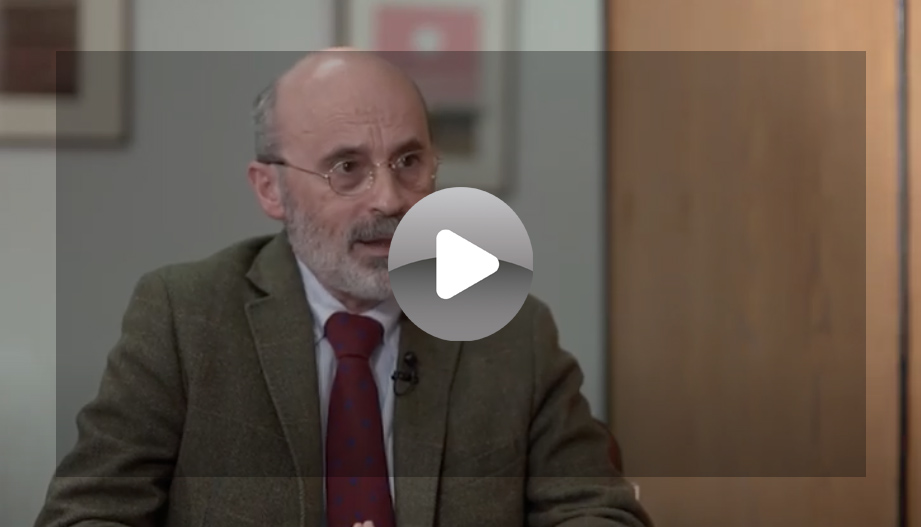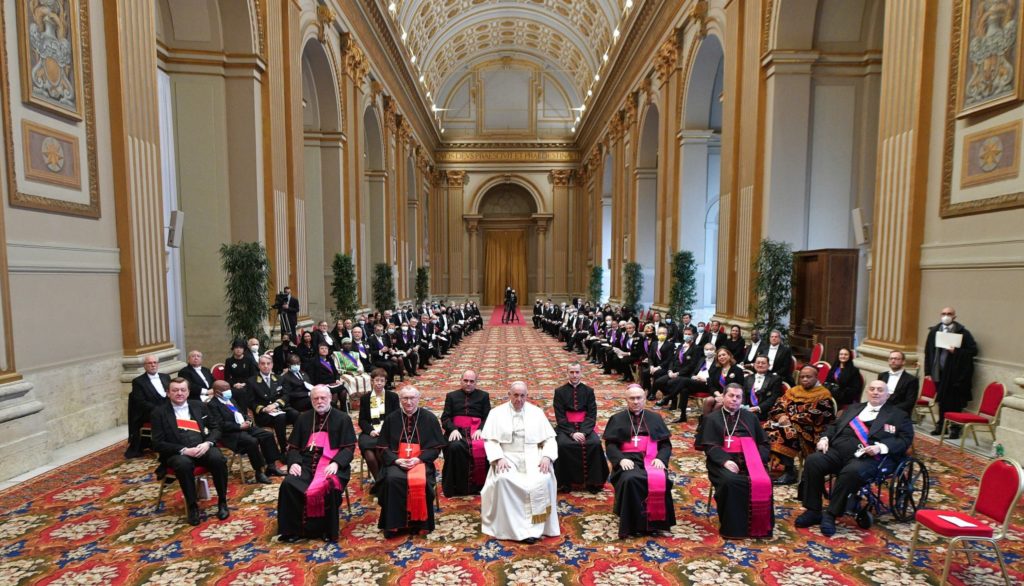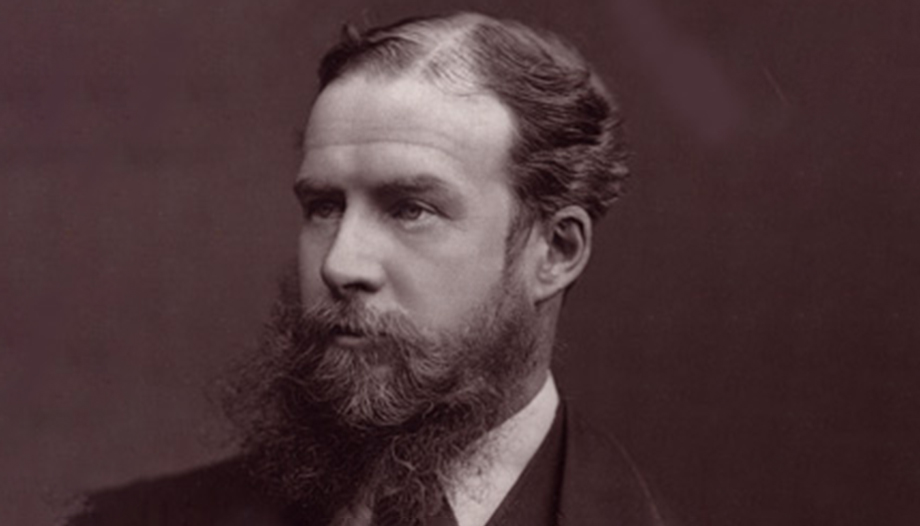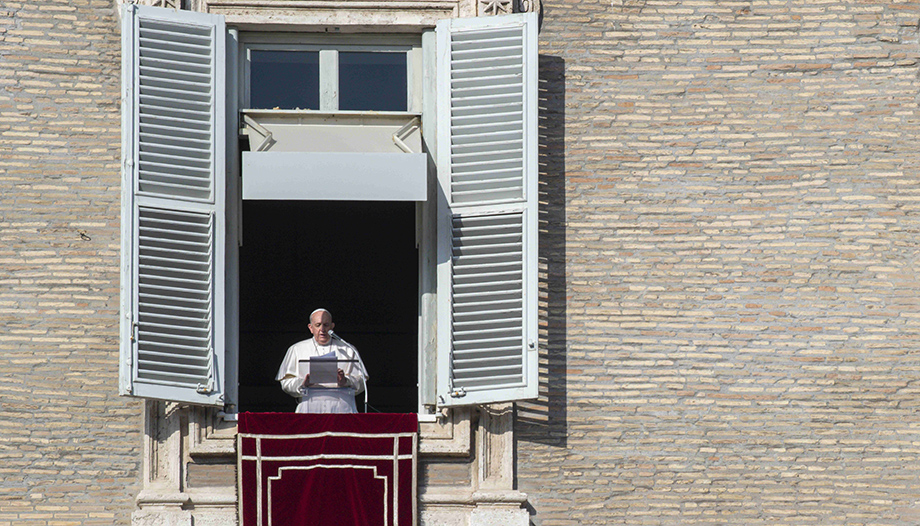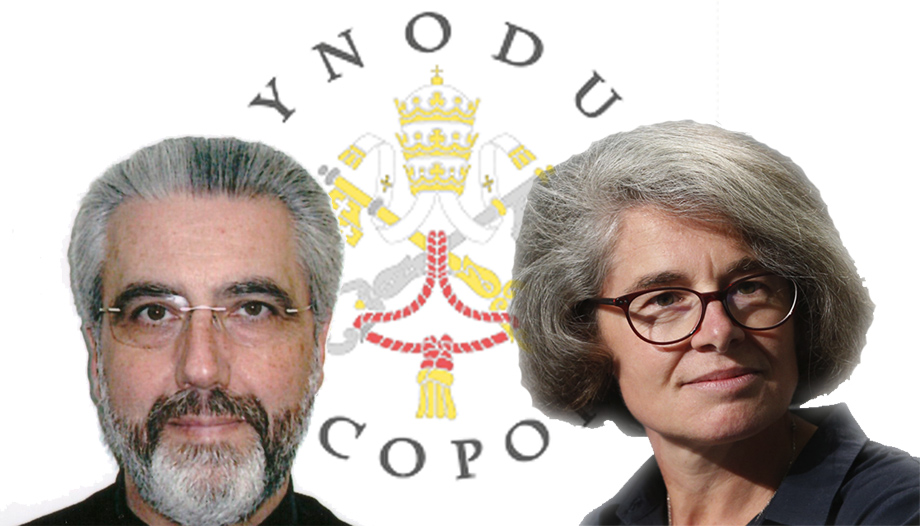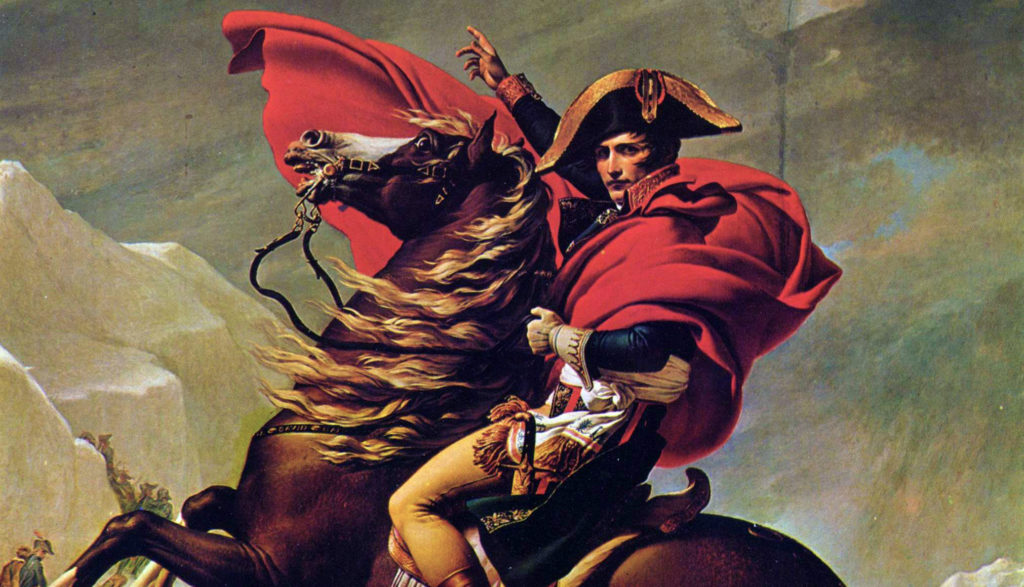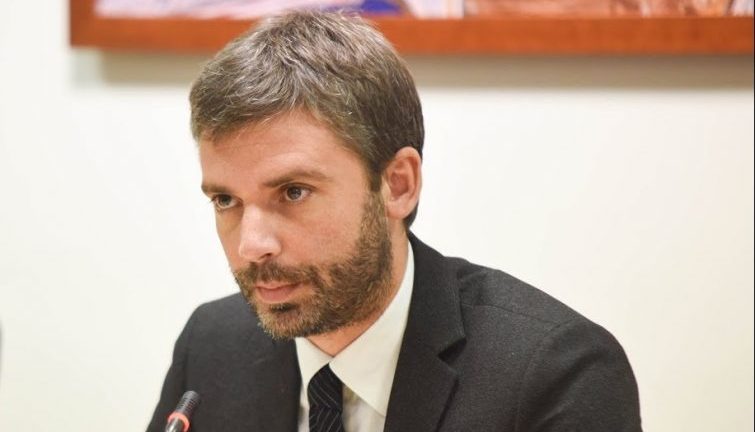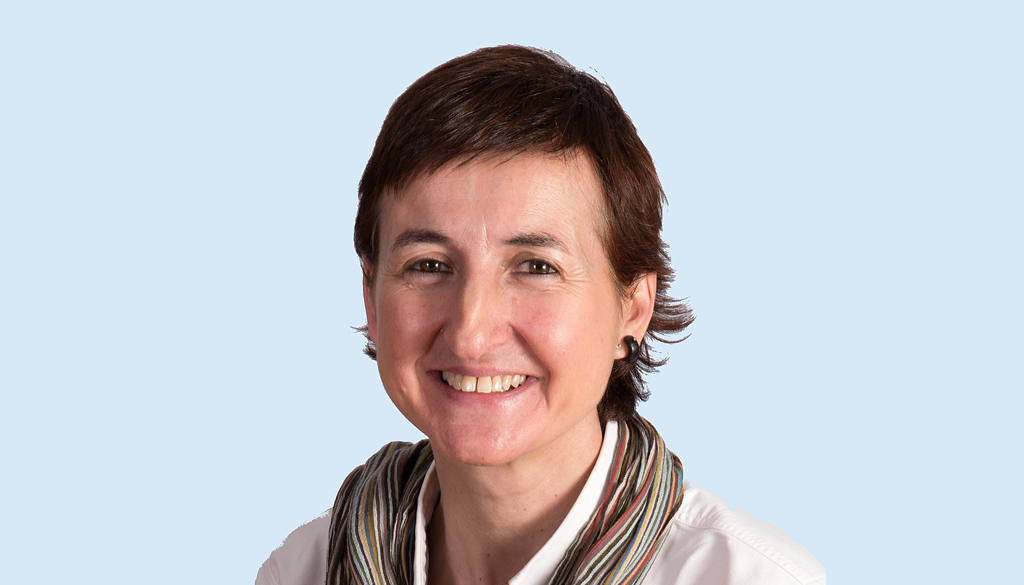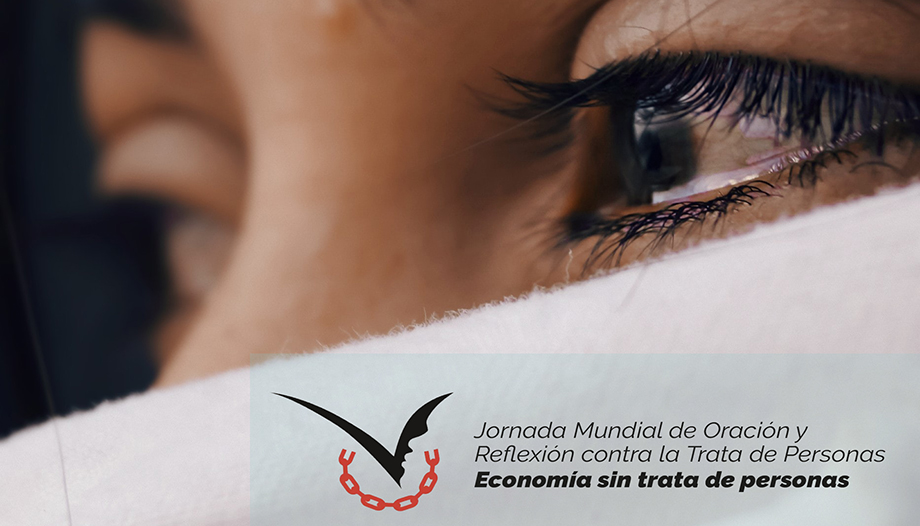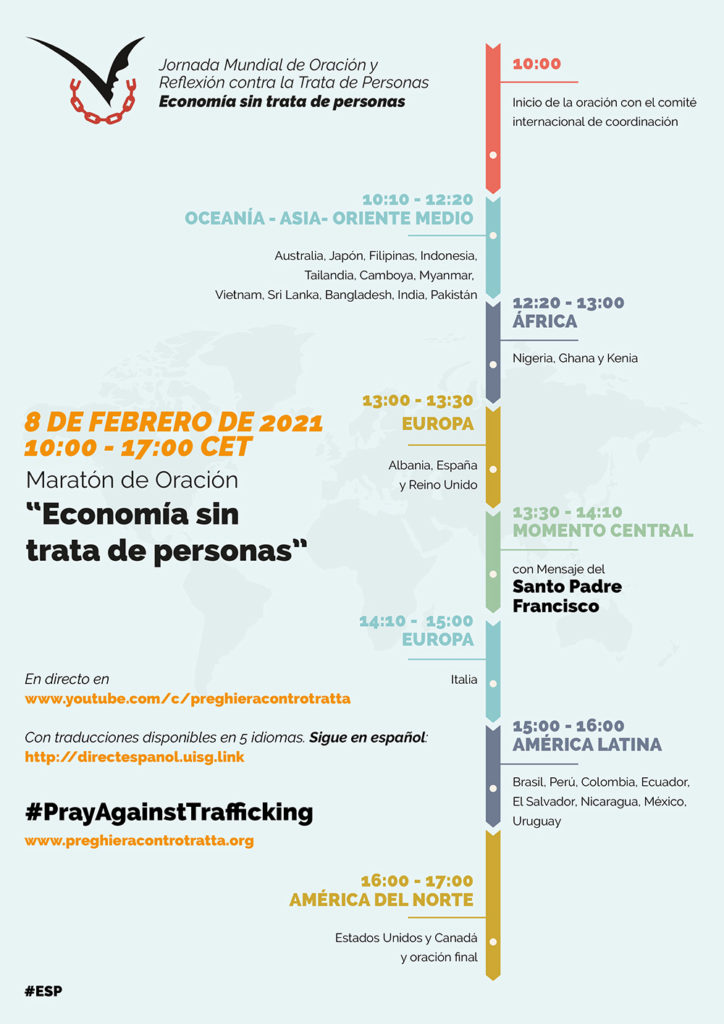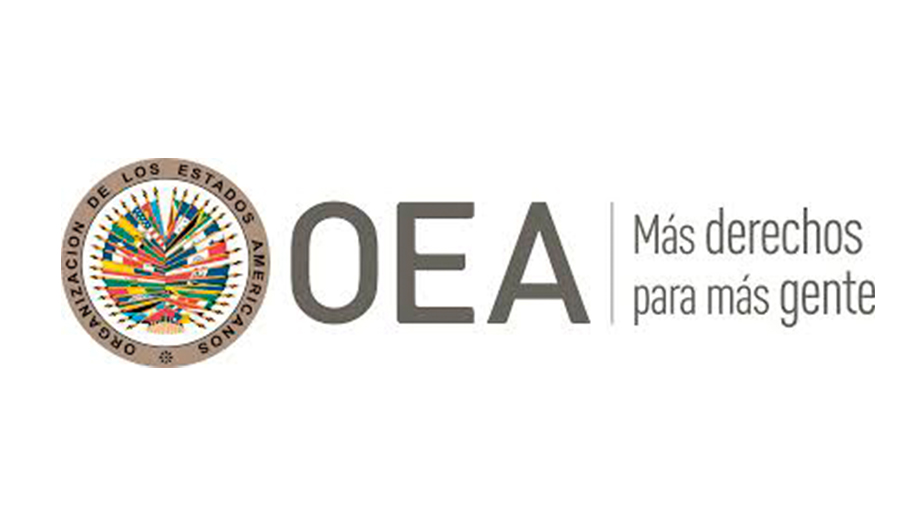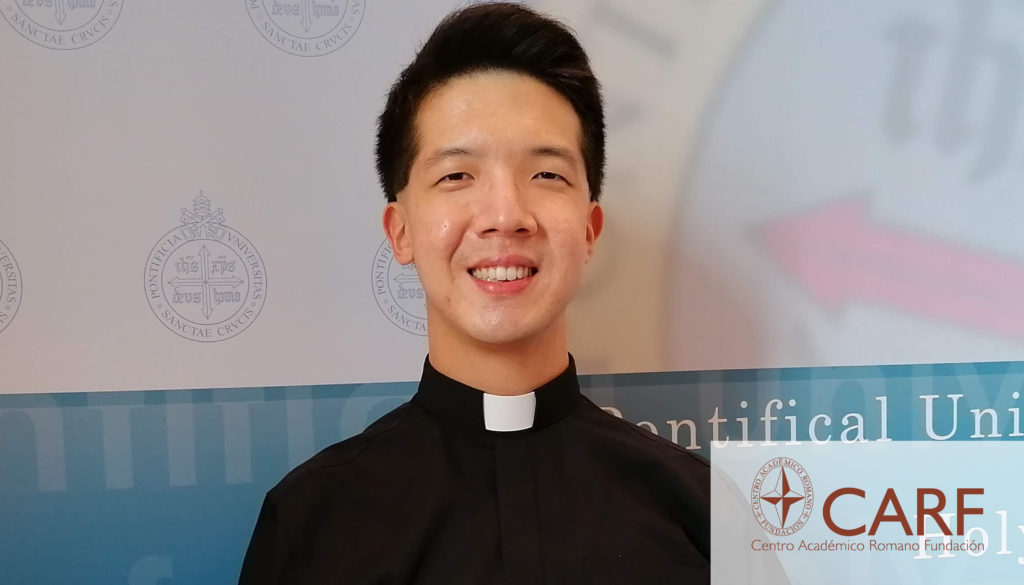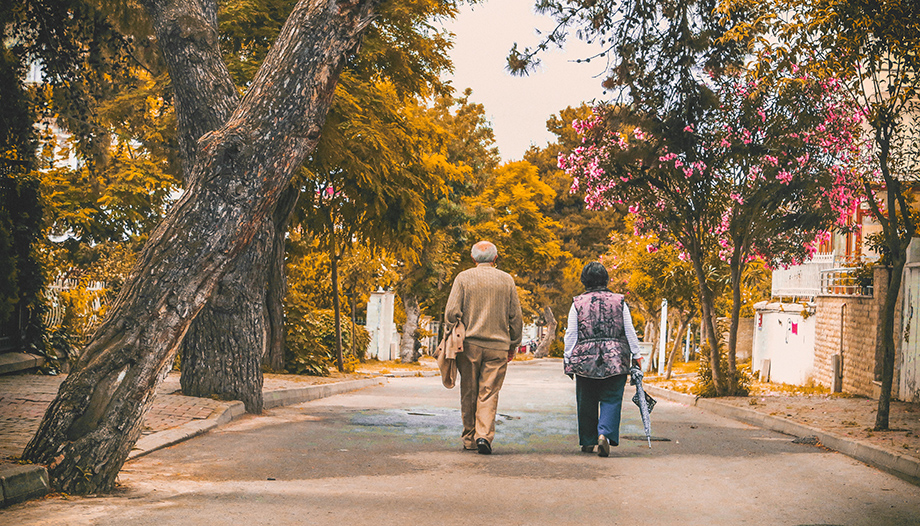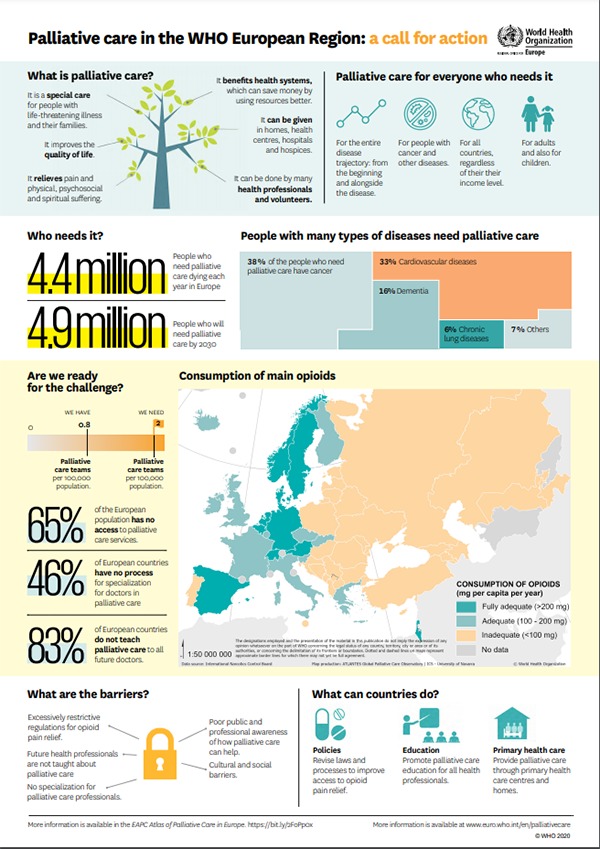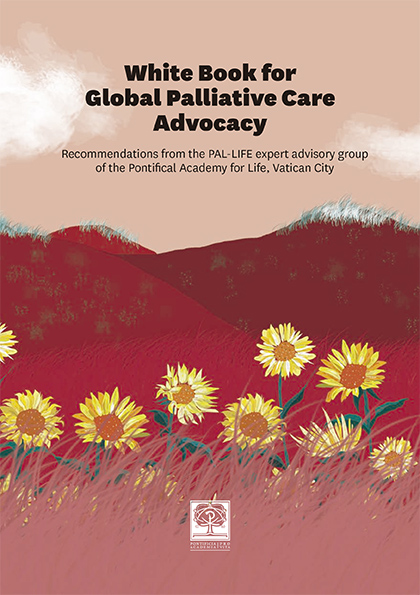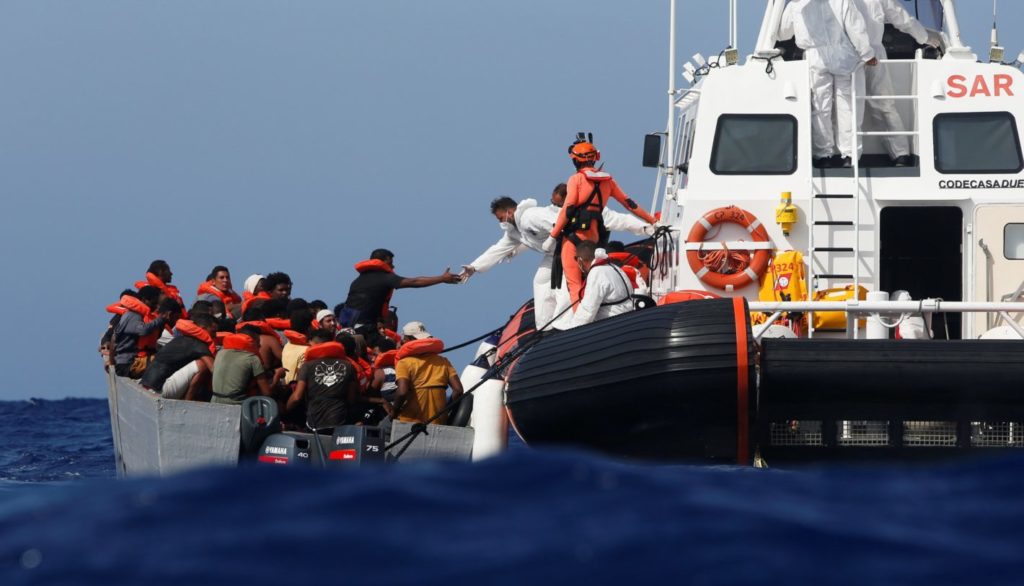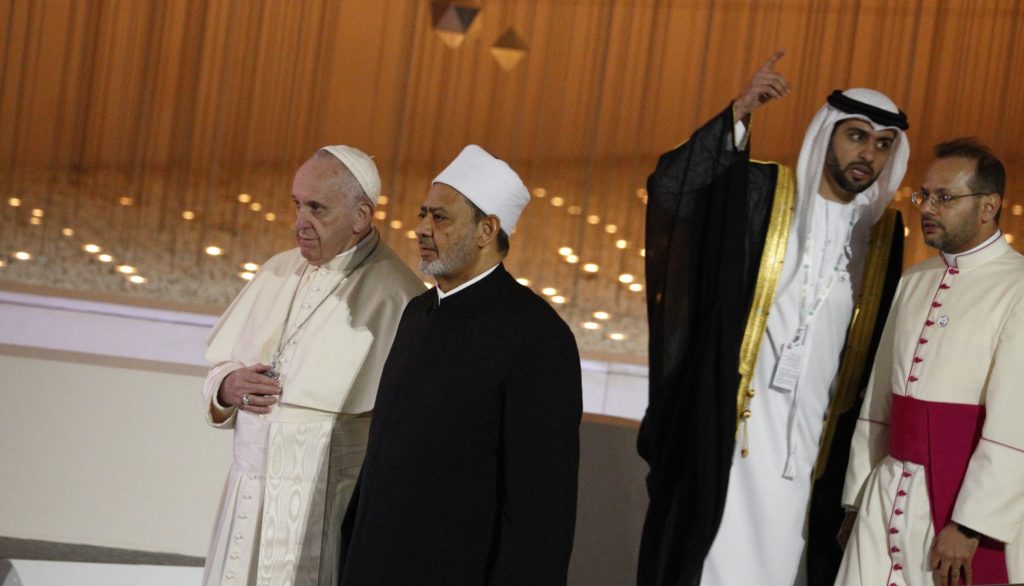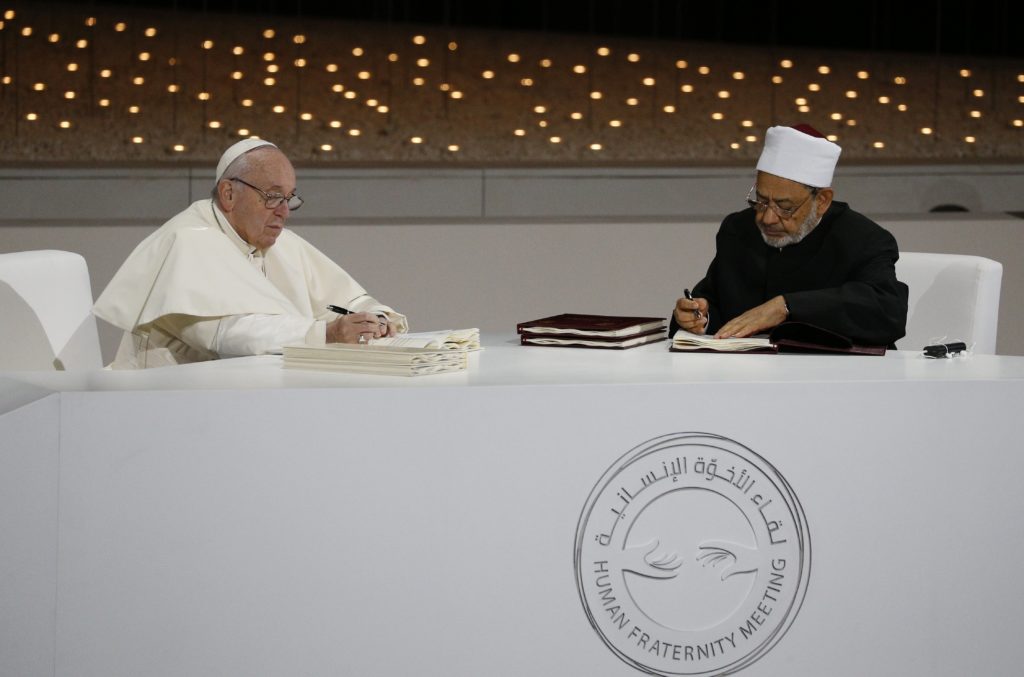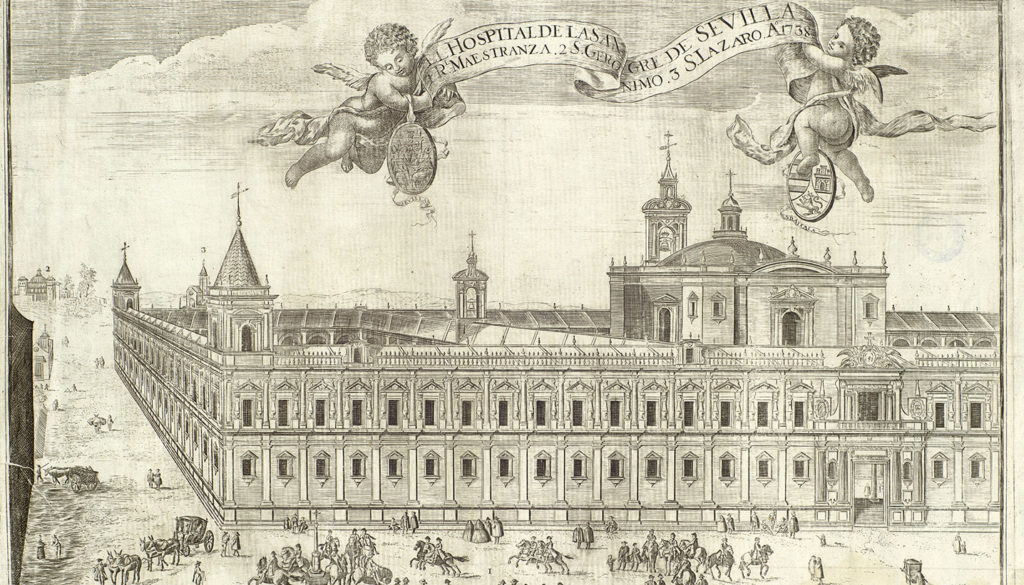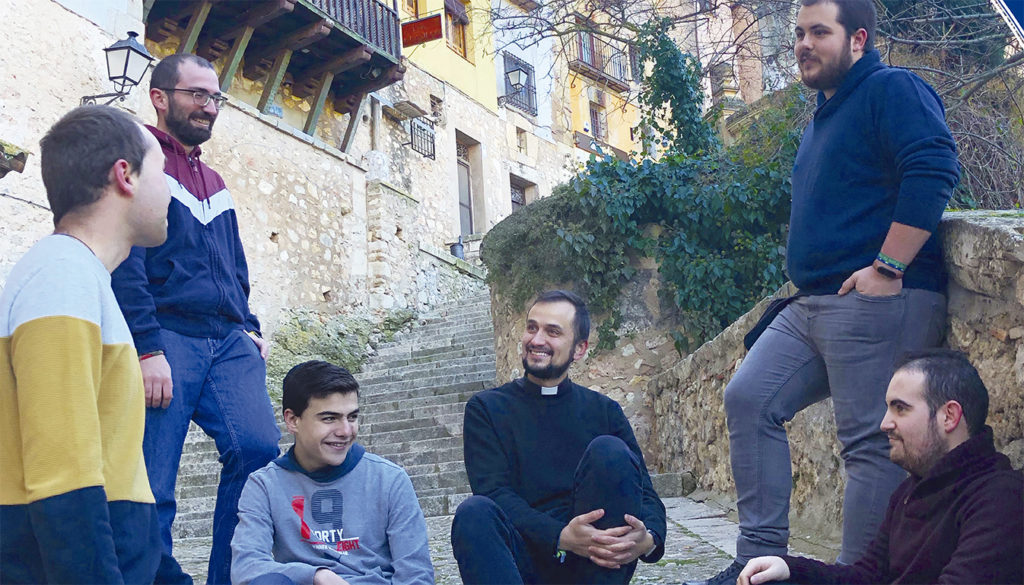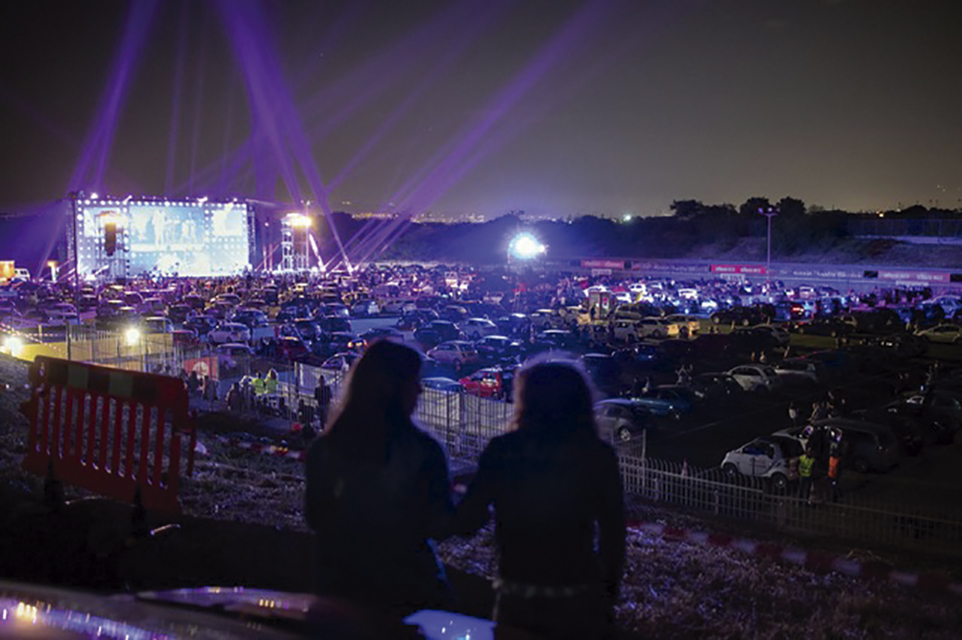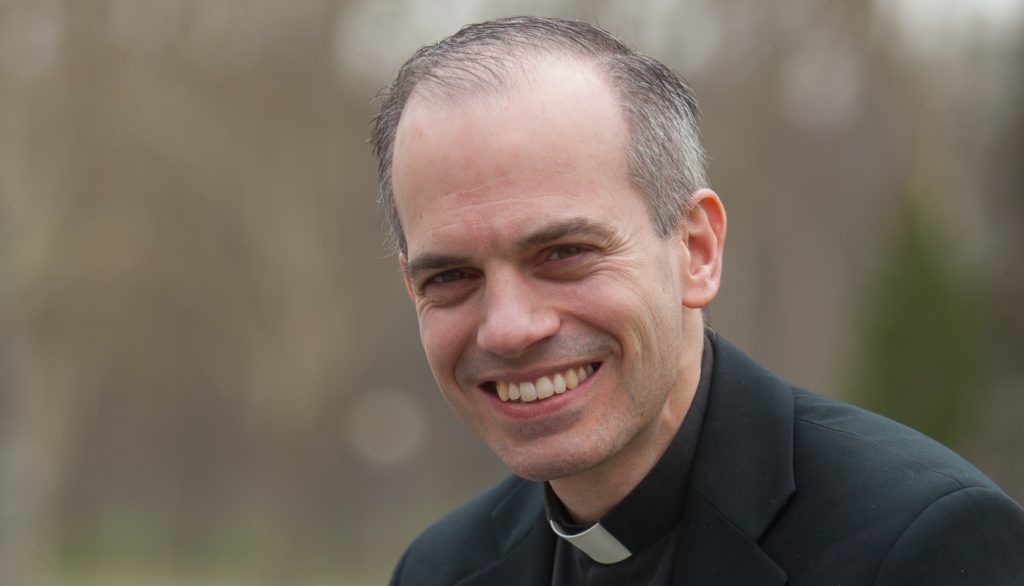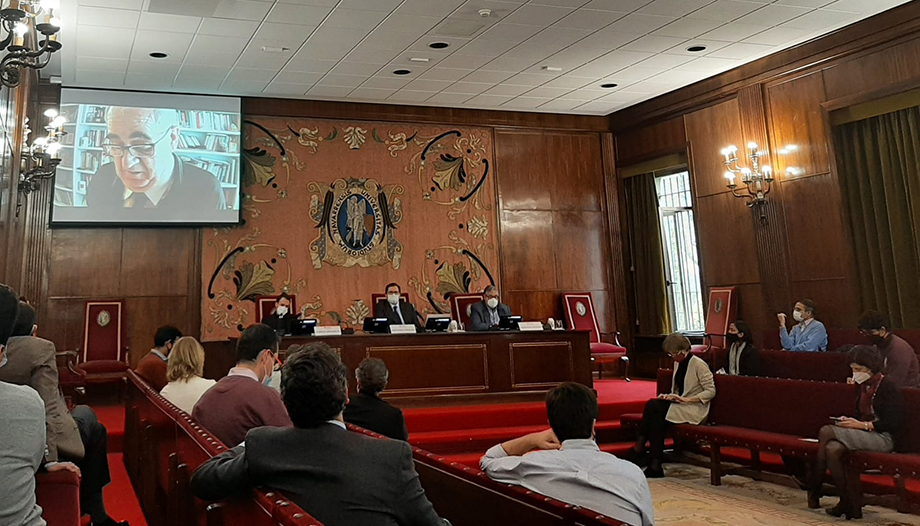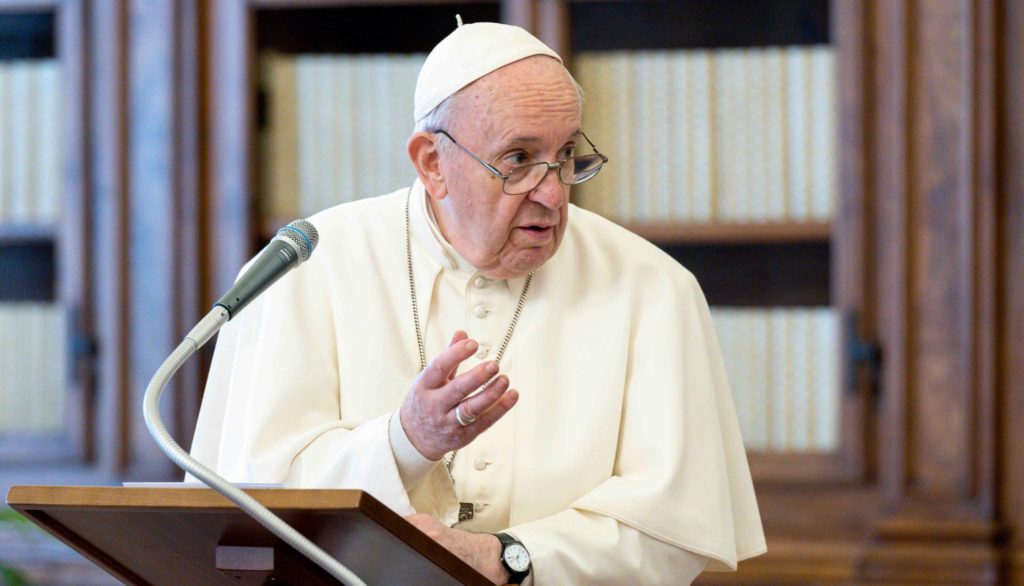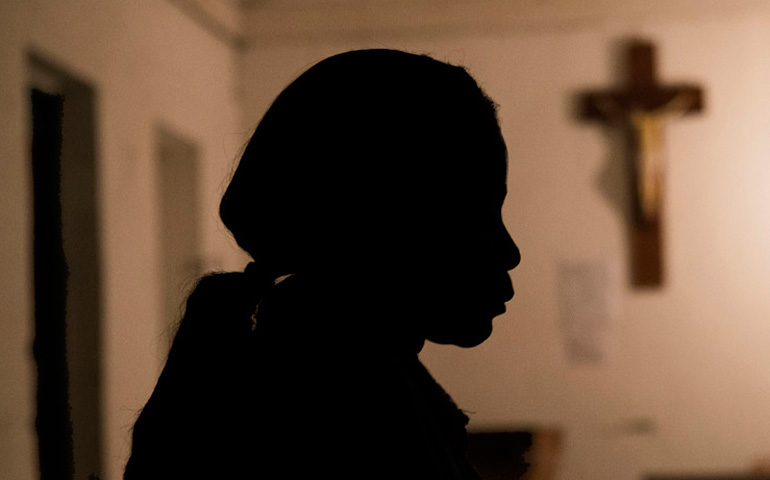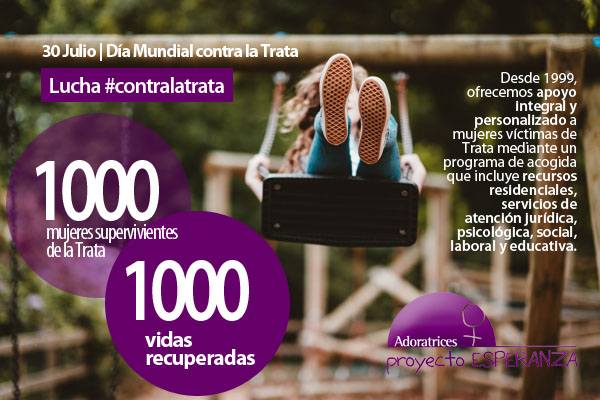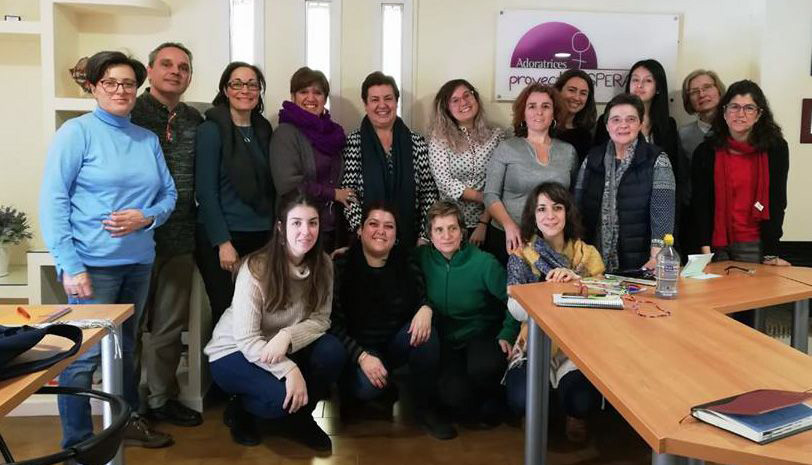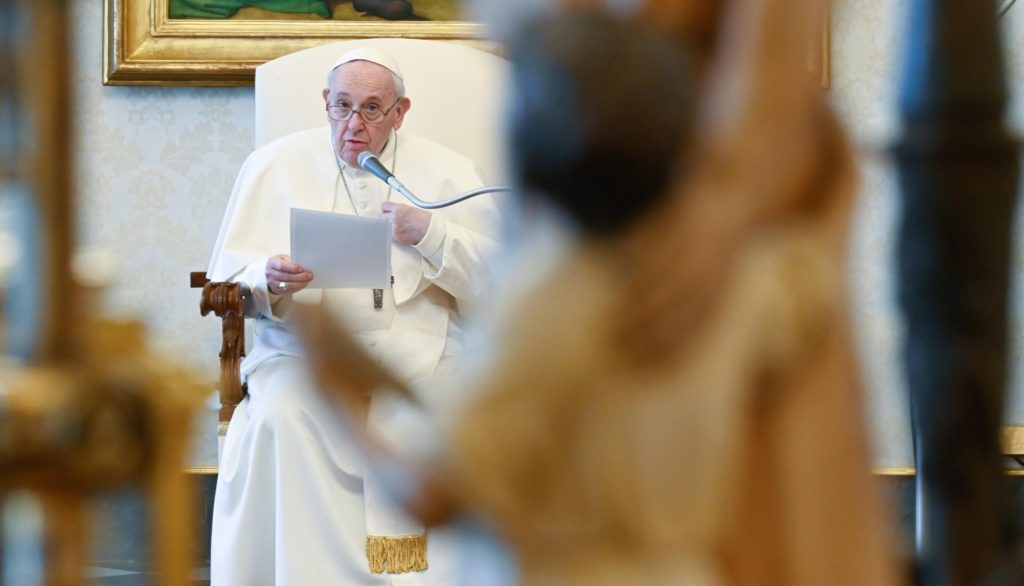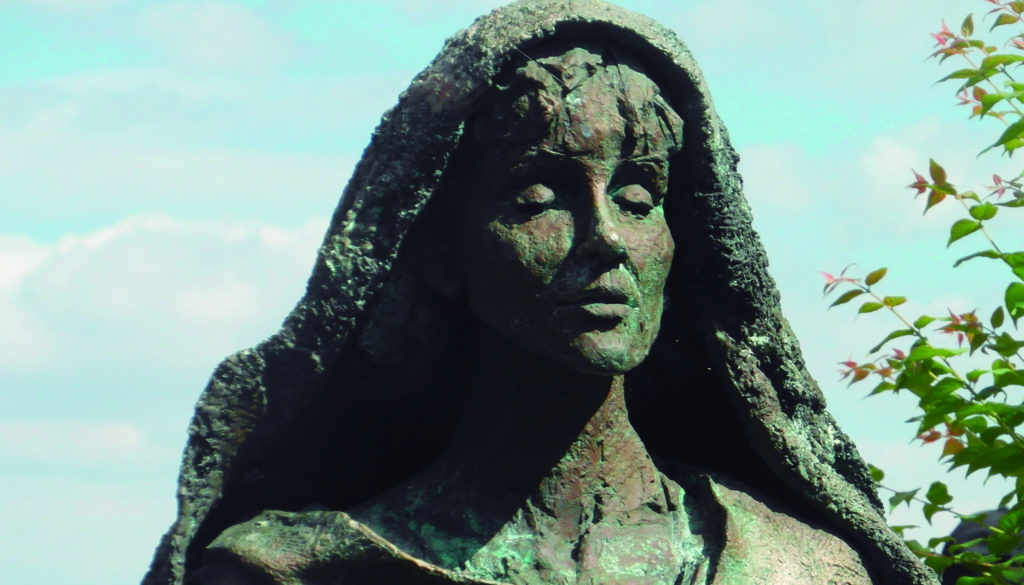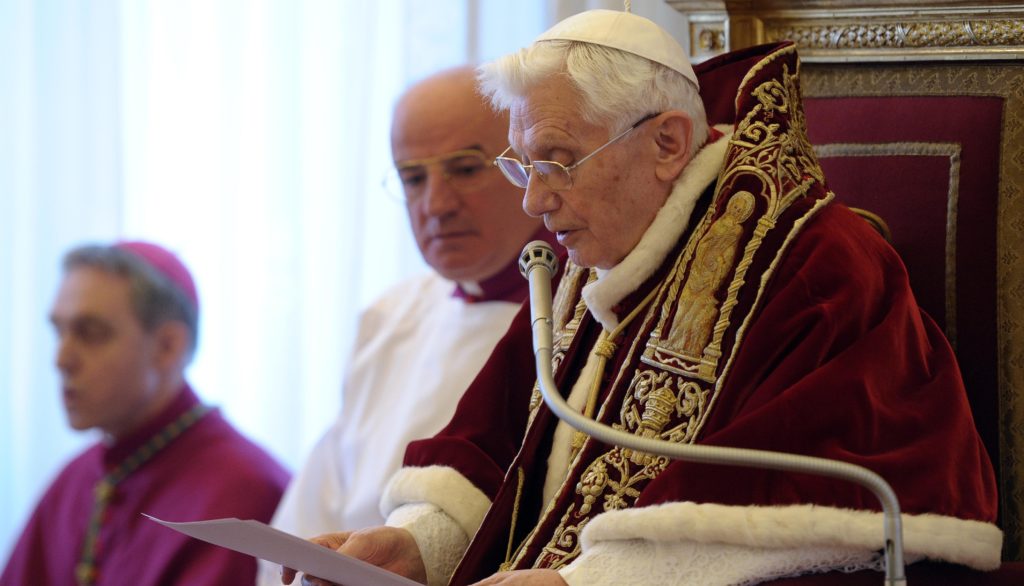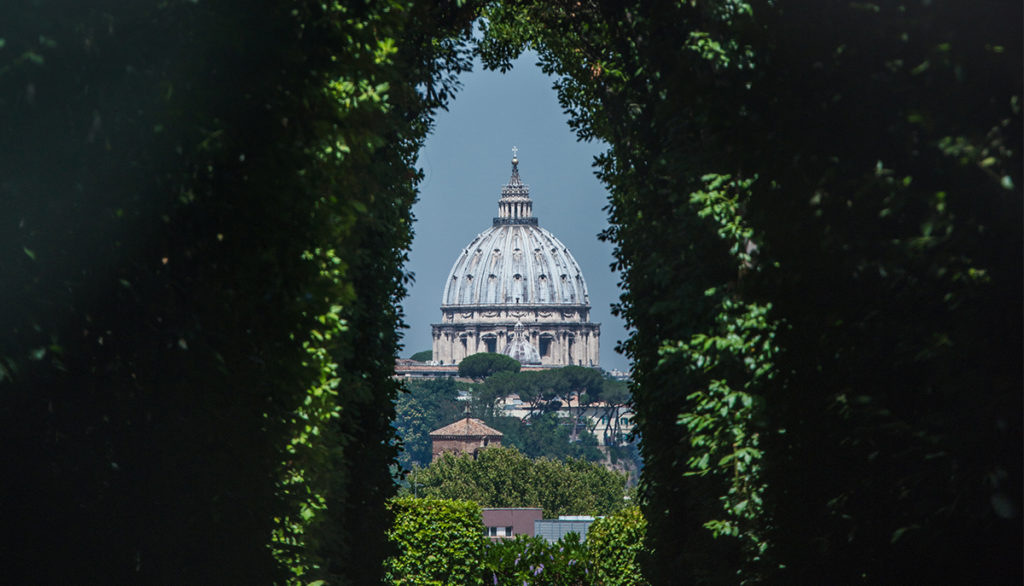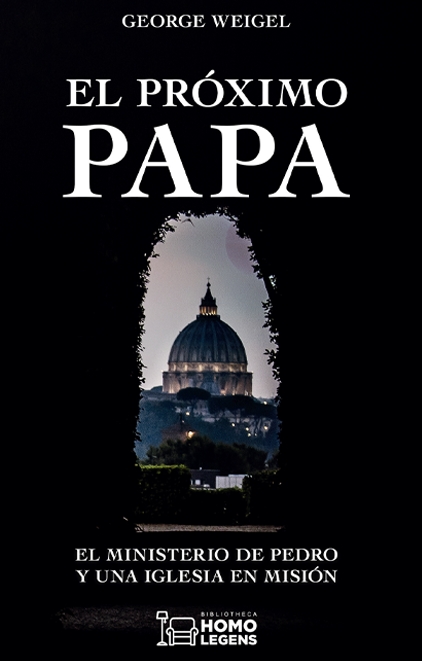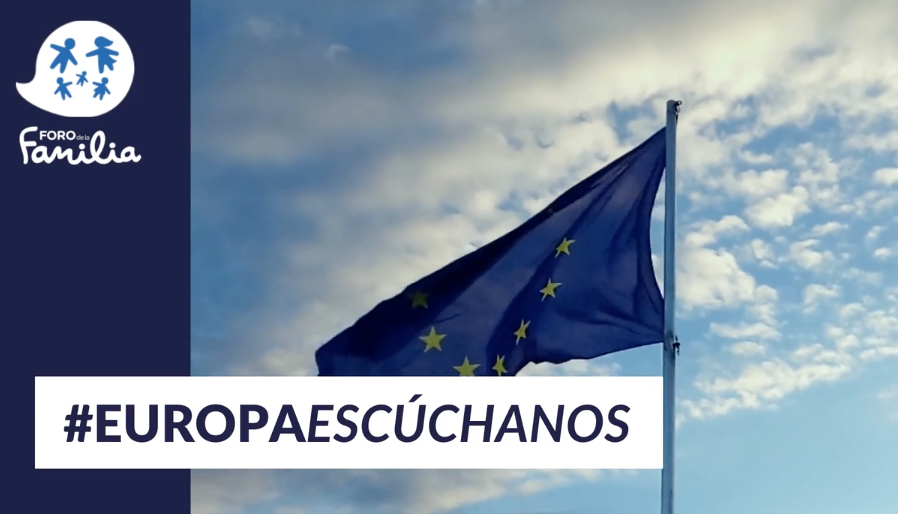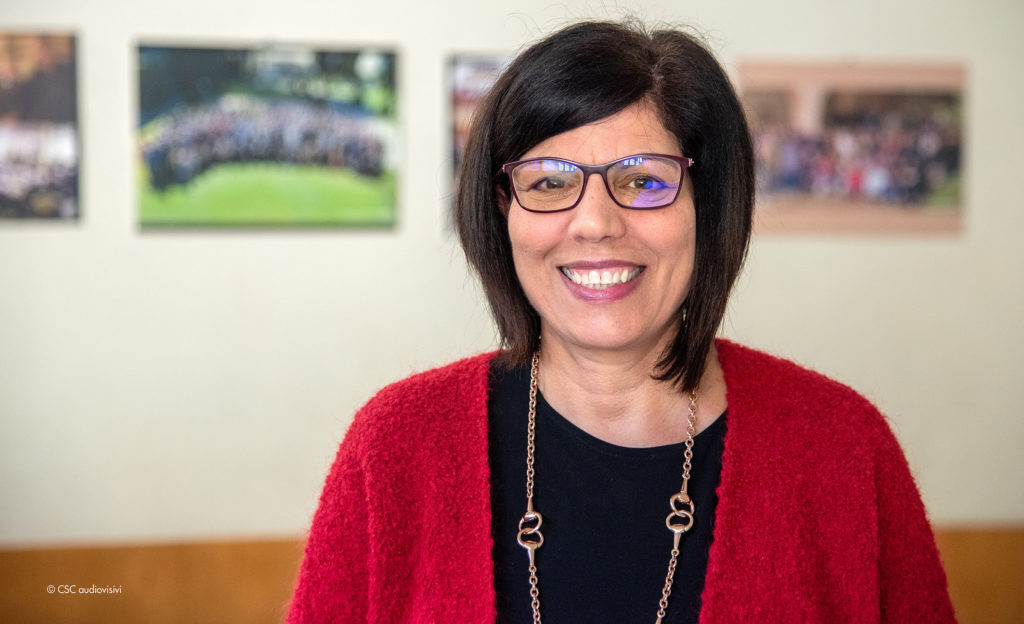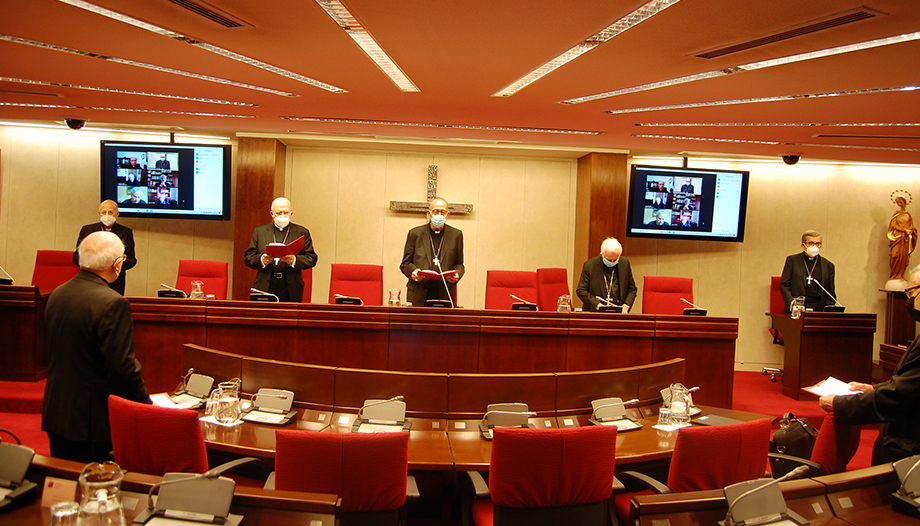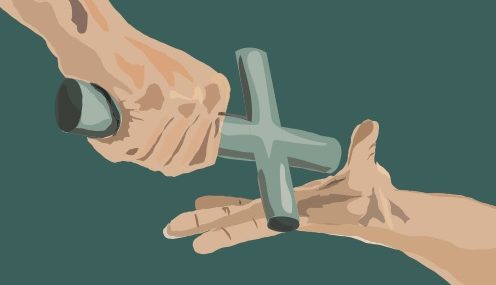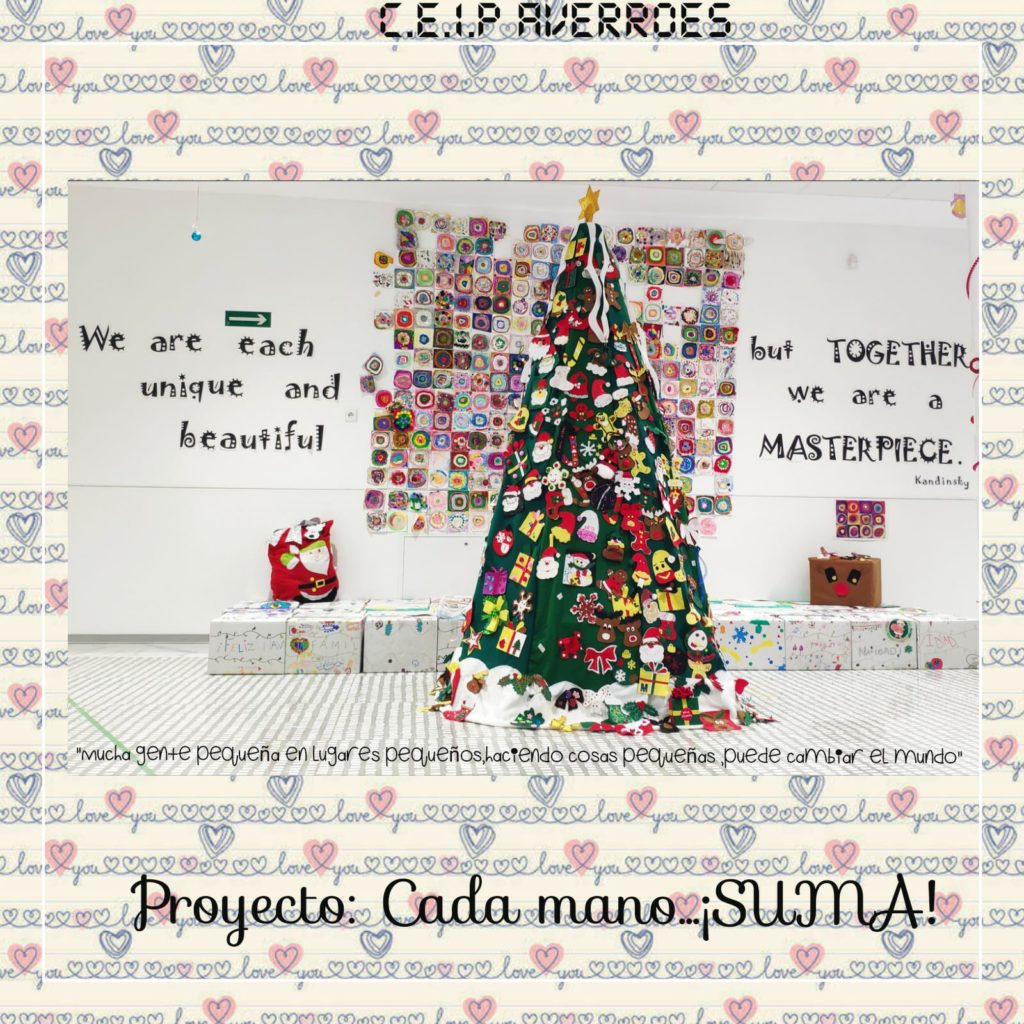Founded by St. Ignatius of Loyola in 1540, the Society of Jesus, the Jesuits, is one of the best known and most widespread religious families in the world.
In these more than five centuries of history, great saints have emerged from among its members: St. Peter Canisius, St. Stanislaus Kostka, St. Aloysius Gonzaga or, more recently, St. Albert Hurtado or St. Joseph Mary Rubio.
A long history of holiness that is a mirror for new generations of Jesuits to look up to. One of them is Francisco DelgadoFran, who reports for Omnes in this month's print issue, the discovery of his vocation and his beginnings in the Society, in which he has already made his first vows.
"I'm going to be a Jesuit."
Although he had attended a Jesuit school, Fran did not have close contact with any Jesuit until university. His discovery of the Society's charism was gradual and his entry into the Society came as a surprise to everyone: "I was actively involved in Church initiatives and had my faith group, but religious life and in the Society of Jesus seemed like dissonant pieces."he explains.
They didn't shut up what they thought, and I thank them for it.
When he communicated his decision to parents and friends "No one understood it very well. I guess the unknown is always scary. I was the first. And they wouldn't shut up about what they thought... And I appreciated that. Later, on a visit to the novitiate, my parents got serious and told me that they would support me whether I decided to go forward or to plant myself and follow another path. I think that marked a turning point with them, for which I am deeply grateful," he relates, "As for friends, I was very surprised by the reaction of several of them non-Christians. Without sharing the option and being very critical of the Church, they strangely saw something good in my decision and encouraged me".
Doubts are not absurd
A promising young man, with a future ahead of him, who leaves everything... leaves everything? In the eyes of the world, including many Catholics, yes. And the doubts they raised, as Francis points out, made sense. For some of them "I was clear about the answer because I had already faced that doubt myself, other times I kept silent without an answer and other times I got on my nerves because they touched my heartstrings".
The questions touched on deep parts of the heart and it is a gift for me to have been able to bring them to prayer.
Contrary to what it may seem, "The doubts of those close to me helped me a lot. Most of them were not absurd: "You've been in contact with the Society for so long and it has never caught your attention, it's not too demanding for you, you're not running away from something, you can't live the same vocation from a family, it's not enough with what you have?
These questions led him to prayer and discernment: "They were questions that pointed to deep parts of the heart and for me it is a gift to have been able to rest them, to take them to prayer, to share them with others, to talk about them with companions, to have been able to answer honestly what part of them could be true, what deceptions they hid, what paths to maturity they opened... and to have been able to discover this call that is deeper than all of them".
Training: knowing "the place of each piece".
Francisco is currently in Rome with 20 other companions from Southern Europe studying the first two years of philosophy after two years of novitiate.
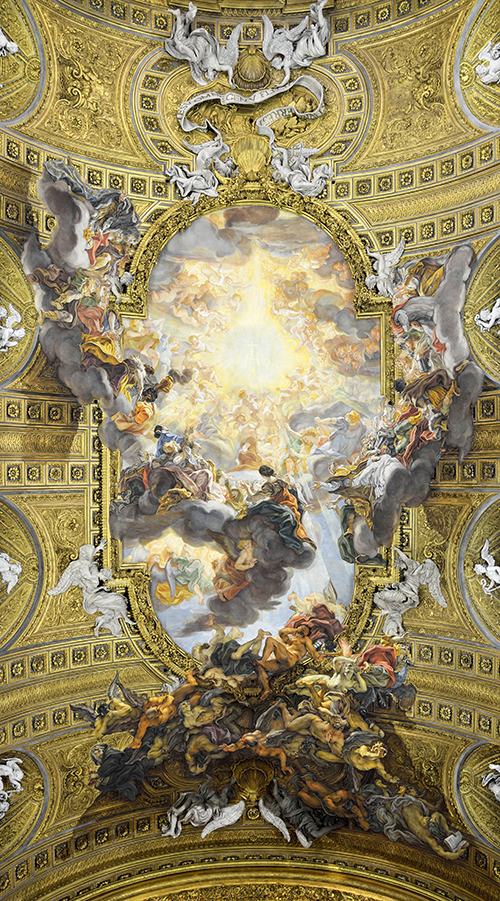
For this young man, vocation is like "lifting the hood of the car. These first years have a lot to do with opening the engine and seeing how the machine works inside: where the driving force comes from, why each part is there, how everything fits together, what gets in the way, what can make everything flow better... the eye is on the outside, on the road, but it's time to open up inside first."
His discovery is not made alone, but within a charism and with the help of those who already know the way: "...".The best thing is to find yourself surrounded by people who have been watching engines for half their lives and who are willing to help, even if only a little, to get them ready to roll." A metaphor that, he notes, "an atheist can understand; only, for me, it is inevitable to recognize God as a driving force and as a goal."
Saint Ignatius of Loyola
Together with his brothers in the Society of Jesus, Francis brings to life the Jesuit charism inspired to St. Ignatius of Loyola, keeping in mind the figure of its founder and so many others who have preceded him on this path of holiness.
"It is a great help to be able to see how Ignatius of Loyola dealt with things and how God was leading him."
Notes that "The figure of Ignatius did not attract me much at first. It has been awakening my interest and admiration as I gradually got to know his story from the inside and as I immersed myself in the Spiritual Exercises".
He concludes:"It is a great help to be able to see how he faced all that and how God was leading him. In the end, these things are very similar to what we experience today in our daily lives"..





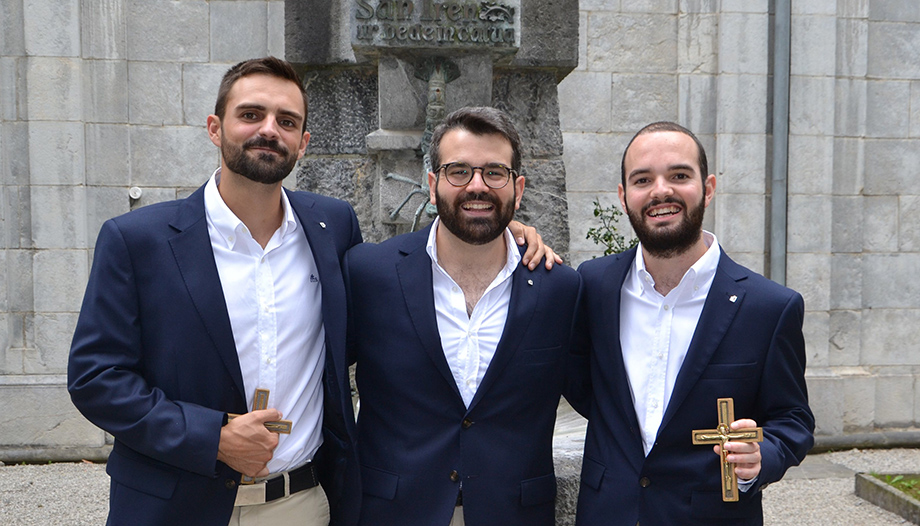






 The land of Abraham, the Iraq the Pope wants to visit
The land of Abraham, the Iraq the Pope wants to visit